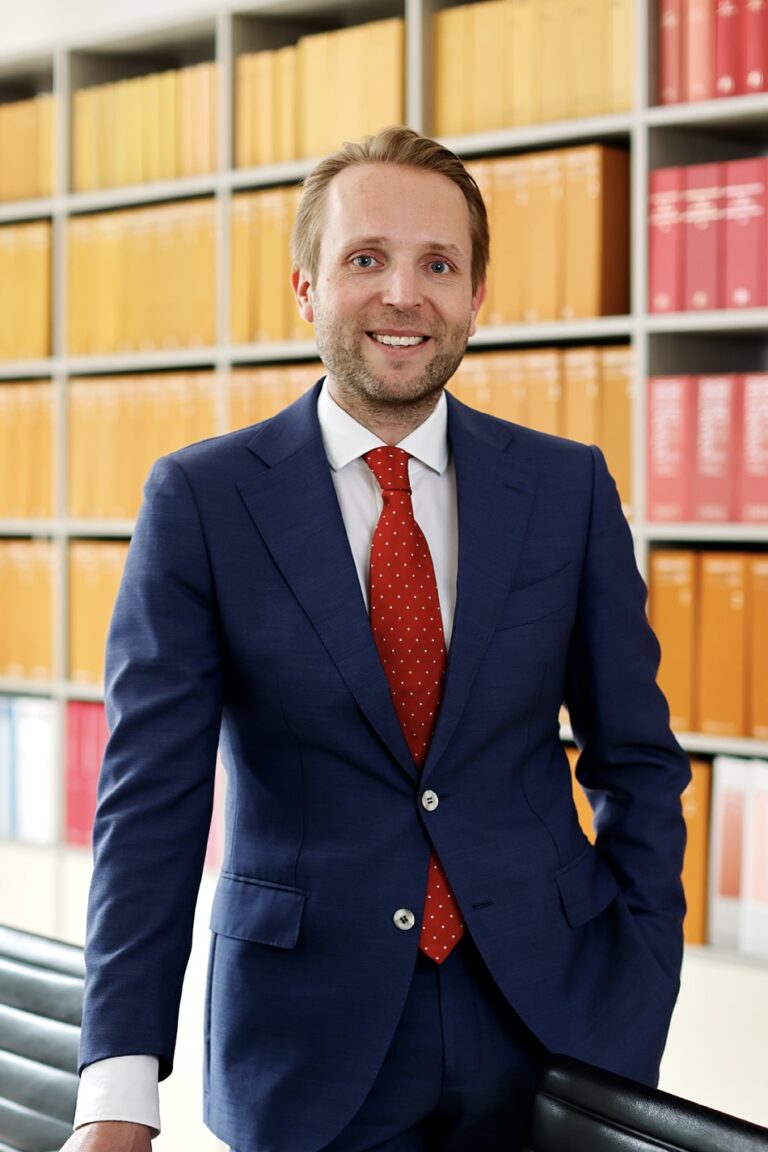Would you like to make an appointment with one of our lawyers? For advice or orientation? We are happy to receive you at our offices in The Hague or Rotterdam or we will come to you.
Economic offences
The Economic Offences Act (WED) considers numerous violations of regulations under other laws to be economic offences.
These offences can be qualified as criminal offences according to the WED’s own system. They include, for example, regulations under the Working Conditions Act, the Money Laundering and Terrorist Financing (Prevention) Act, the Environmental Management Act and the Commodities Act. Note that this is only a fraction of the laws in which economic offences can be found. Under Articles 1 and 1a of the WED, many other offences also qualify as economic offences. This distinguishes economic criminal law from general criminal law: offences do not follow from the Penal Code, but from a complex set of layered laws and regulations.
We are highly experienced in assisting individuals and companies suspected of an economic crime. Every day, our specialists deal with the special substantive and formal aspects of economic criminal law. Not only during a criminal investigation, but also before that: to prevent it.
-
1
Investigations into economic crimes can be carried out by various agencies. Not only the police, but also inspectors from, for example, the Netherlands Labour Inspectorate (NLA), the Netherlands Food and Consumer Product Safety Authority (NVWA) or regional environmental services investigate economic crimes. And so do many other bodies.
-
2
Inspectors from these bodies often wear two hats. They may check companies’ compliance with laws and regulations. But they may also conduct criminal investigations in case of suspected violations; they are then no longer ‘supervisors’ but investigating officers. Depending on this capacity, the investigated employer has more or fewer rights. Be aware of this! Therefore, always ask the inspector who visits you ‘for a chat’ what the objective is: control or investigation.
-
3
Economic crime enforcement can be intrusive: inspectors have far-reaching investigative powers. However, depending on the purpose of their visit (supervision or investigation), the obligation to cooperate varies. Therefore, always consult a lawyer before any cooperation is provided. Stay calm, engage a lawyer as soon as possible and wait to make any statement until after you have had a chance to consult with your lawyer. Do not voluntarily consent to the seizure of any object or document.
-
4
Our lawyers are available 24 hours a day and, given their extensive experience and network, can quickly liaise with inspectors and prosecutors. If in doubt, call us as soon as possible: we will come to you!




